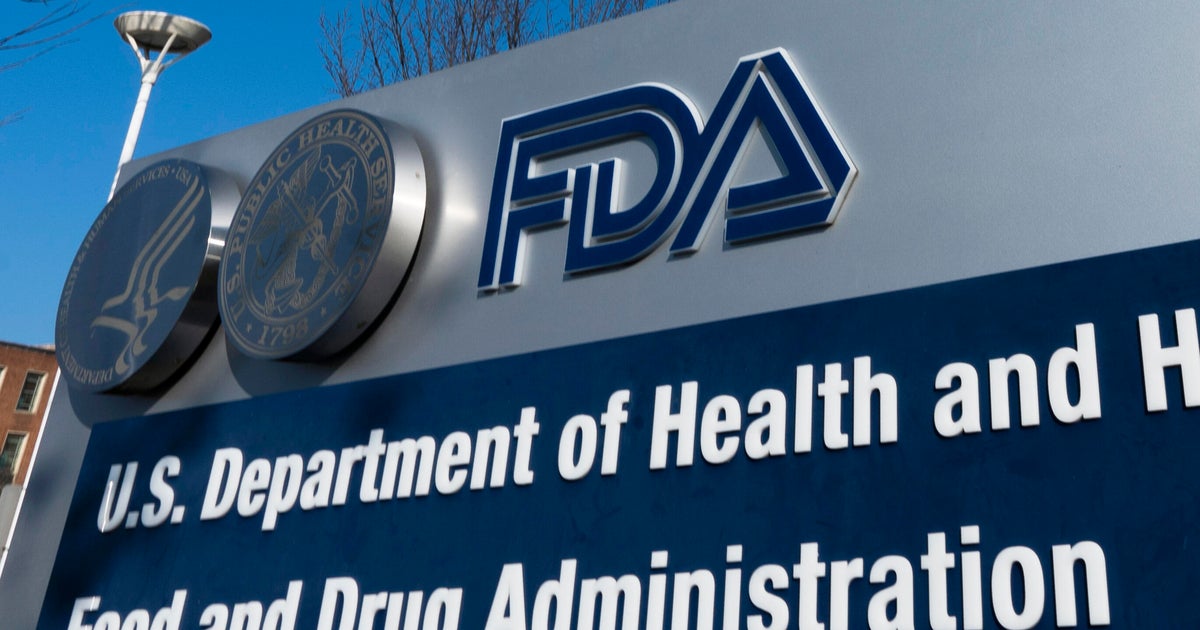The Food and Drug Administration is planning to revisit its approval of the food additive ADA, the agency’s top foods official announced Thursday, after longstanding questions over the safety of the so-called “yoga mat” chemical that can be a bread ingredient in the U.S. but is banned in Europe.
Also called azodicarbonamide, the FDA previously approved ADA’s use to whiten cereal flour and improve baking bread dough.
Advocacy groups have criticized the use of this chemical in food for years, over concerns about its potential health risks. The “yoga mat” nickname comes from ADA’s other uses in the manufacturing of plastics and rubbers.
In Europe, it is illegal to add the ingredient to bread, given the possibility it could result in a possible carcinogen called semicarbazide when it breaks down into other chemicals during bread making.
After international health authorities in recent years also raised concerns over its use in food, guidance from 1965 that had previously allowed for its use was withdrawn by a committee convened by the United Nations over worries that there was not enough data to support its safety.
The FDA previously said that it thought azodicarbonamide remained safe to add to food, after studying how much semicarbazide Americans might be eating. The agency said studies in some mice found that semicarbazide could cause tumors, but only at levels that “far exceed” the estimated amounts people are eating through bread and other foods.
Other ingredients that the agency is planning to add to its list of food additives that it’s prioritizing for a renewed safety review include BHT and BHA, two preservatives that are authorized for some food uses in Europe but have also faced concerns over the risk they could cause cancer.
News of the ingredients being prioritized for review was announced by Kyle Diamantas, the current acting deputy commissioner in charge of the FDA’s Human Foods Program, alongside a new plan he said would further step up scrutiny of previously approved food chemicals.
“That plan will include the creation and rolling out of a modernized, evidence-based prioritization scheme for reviewing chemicals presently in the food supply, and that will be made available for public comment later this month,” Diamantas said.
The Food Fix newsletter previously reported that the plan would soon be released.
Diamantas also said that details of the agency’s systematic process to review the safety of chemicals in the food supply will soon be finalized, after the Biden administration first proposed laying out a more formal approach last year.
“As many of you know, there were meetings last year and we ultimately had over 70,000 comments on our post-market review process framework,” Diamantas said at a session of the Food Safety Summit conference Thursday.

